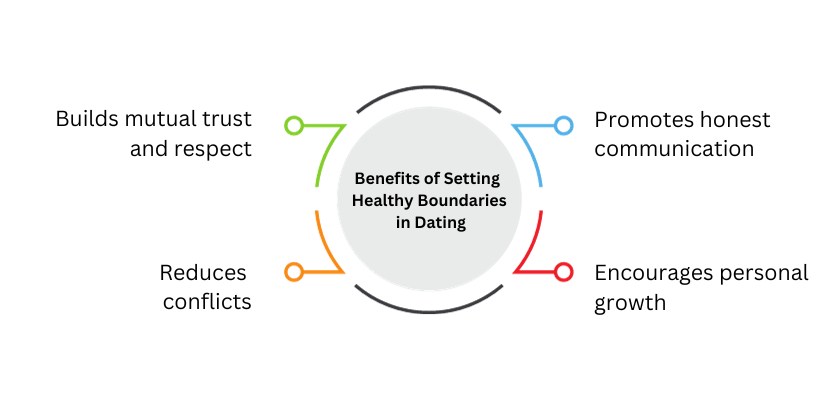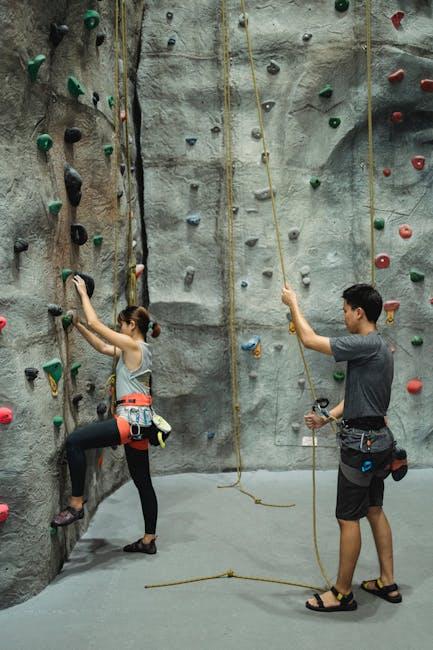Molding Young Minds: Teaching Good Manners at Home

Welcome to the chaotic world of parenting, where teaching your children manners can sometimes feel like trying to herd a pack of wild animals. But fear not, dear reader, for with a little creativity, some patience, and maybe a touch of bribery, you too can mold those young minds into polite, respectful individuals. So grab a cup of coffee (or something stronger) and let’s embark on this wild and wacky journey of teaching good manners at home.
The Importance of Teaching Manners Early On
Imagine a world where everyone said ”please” and “thank you.” No more elbows on the table or interrupting conversations. Sounds like a fairy tale, right? Well, it doesn’t have to be!
Teaching manners early on is crucial for raising polite and respectful individuals. It’s like planting the seeds for a garden of civility that will bloom for years to come.
Here are a few reasons why teaching manners early on is so important:
- Social Skills: Manners are the social grease that keep interactions running smoothly. Teach your little ones to say “excuse me” and “I’m sorry” and watch them charm their way through any situation.
- Respect: Manners show respect for others and their feelings. By teaching children to say ”please” and “thank you,” you’re instilling a deep sense of empathy and consideration for those around them.
- Success: Let’s face it, people like polite people. By teaching manners early on, you’re setting your child up for success in the future. Who knows, maybe one day they’ll land that dream job just because they know how to hold a door open for someone.

Setting Clear Expectations and Boundaries for Behavior
Are you tired of constantly feeling like a broken record with your kids or colleagues? is key to maintaining your sanity and creating a harmonious environment. But fear not, it doesn’t have to be as daunting as it sounds!
First things first, **communicate** your expectations in a way that is clear and concise. Avoid beating around the bush or using vague language that can lead to confusion. Instead, be straightforward and specific about what you expect from the other person. This will leave no room for misinterpretation or excuses.
Next, it’s important to **enforce** those expectations consistently. Whether it’s with a gentle reminder or a firm reprimand, make sure you follow through every time. This will show that you mean business and prevent any future slip-ups.
Lastly, don’t forget to **reward** good behavior. Positive reinforcement can go a long way in encouraging others to meet your expectations. Whether it’s a simple “thank you” or a small token of appreciation, acknowledging when someone has met or exceeded your expectations can make a world of difference.

Modeling Good Manners as Parents and Caregivers
Good manners are like unicorns - majestic and magical creatures that can transform even the grumpiest of days into sunshine and rainbows. As parents and caregivers, it’s our duty to serve as shining examples of polite behavior so our little ones can grow up to be courteous and considerate individuals.
One way to model good manners is by saying “please” and “thank you” like it’s going out of style. Show your kids that expressing gratitude is not only classy, but also a way to show appreciation for the little things in life. Whether it’s asking them to pass the salt at dinner or thanking the cashier at the grocery store, make sure your pleases and thank yous are as common as air pods on teenagers.
Another important aspect of good manners is respecting personal space. Teach your kids that it’s not cool to hover over someone’s shoulder while they’re trying to work or invade their bubble during a conversation. Remind them that boundaries are like fences – they keep us safe and prevent arguments from turning into world wars.
Lastly, always remember to practice what you preach. If you want your kids to be polite and respectful, then you better be ready to walk the talk. Lead by example and show them that good manners are not just for the dinner table, but for every aspect of life. Who knows, you might just inspire the next generation of etiquette enthusiasts!

Consistency in Reinforcing Manners in Daily Interactions
It is crucial to maintain a certain level of manners in our daily interactions. But let’s face it, sometimes we get lazy or forget to say ”please” and “thank you”. That’s why consistency is key in reinforcing good manners!
One way to ensure consistency in manners is to lead by example. If you are polite and respectful in your everyday interactions, chances are others will follow suit. So, remember to say “please” and “thank you” not only to your colleagues and friends, but also to the barista at your favorite coffee shop.
Another effective way to reinforce manners is to provide positive reinforcement when good manners are displayed. If someone holds the door open for you or says ”excuse me”, make sure to acknowledge their polite behavior with a smile or a thank you. This will encourage them to continue being courteous in the future.
Lastly, practice makes perfect. Make a conscious effort to use good manners in all interactions, whether it’s with your boss, your spouse, or even your pet. The more you practice, the more natural it will become to express gratitude and respect towards others.

Teaching Respect and Empathy Towards Others
is a crucial aspect of raising well-rounded individuals. By instilling these values in children from a young age, we can help create a more compassionate and understanding society. Here are some fun and creative ways to teach respect and empathy:
- Lead by example: Children learn by observing, so make sure to model respectful behavior towards others in your own interactions.
- Encourage perspective-taking: Help children see things from another person’s point of view by asking them how they would feel in a certain situation.
- Use role-playing: Have children act out scenarios where they can practice responding to others with respect and empathy.
It’s also important to emphasize the value of listening to others and showing kindness in our interactions. By teaching children to treat others with respect and empathy, we are helping to build a more harmonious and understanding community for the future.
Maintaining Open Communication and Feedback with Children
Don’t let the little ones keep you in the dark! Here are some tips on how to maintain open communication and feedback with children:
One way to keep the lines of communication open is to actively listen to what your child has to say. Put down your phone, turn off the TV, and really tune in to what they are telling you. Remember, their world is just as important as yours, even if it does revolve around Minecraft and unicorns.
Another tip is to encourage honesty by creating a safe space for them to express themselves. Let them know that they can come to you with anything, whether it’s about school, friendships, or why the cat keeps staring at them funny.
Offer positive feedback and praise when they share their thoughts and feelings with you. Let them know that you appreciate their honesty and are there to support them no matter what. Remember, validation goes a long way in building trust and connection!
FAQs
How can parents make teaching good manners fun for kids?
Well, parents can throw a “Manners Party” complete with etiquette-themed games and prizes. And who knows, maybe little Timmy will start asking for a side of manners with his chicken nuggets.
What are some tricks for getting kids to say “please” and “thank you” without having to nag?
One trick could be creating a special “Manners Magic Word” jar where every time a child remembers to say those magic words, they get to add a fun sticker to the jar. And let’s face it, stickers are like gold to kids.
How can parents teach kids table manners without causing a food fight?
Why not turn learning table manners into a ”Fine Dining Experience”? Dress up, use fancy dishes, and practice proper etiquette like it’s a Michelin-starred restaurant. Bon appétit!
What should parents do when their kids forget their manners?
In those moments, parents can be the “Manners Police” and issue a ticket (metaphorically speaking, of course). Maybe the ticket can be a chore to help reinforce the importance of good manners.
Any tips for making sure kids understand that good manners are important for their future success?
Parents can paint a picture of the future for their kids by showing them how good manners can open doors, both personally and professionally. Who knows, maybe remembering to say “excuse me” will be the key to their future corner office.
Time to Put on Your Best Behavior Cap!
Well, young padawans, it’s time to unleash your impeccable manners on the world! Remember, good manners are like a fine wine – they only get better with age. So go forth, hold open doors, say please and thank you, and always remember to chew with your mouth closed (trust us, no one wants to see what you’re eating). And just think, with your newfound etiquette skills, you’ll be the classiest one at the next family gathering. Stay courteous, stay classy, and remember - always keep that pinky finger up when sipping your tea. Cheers to good manners!





